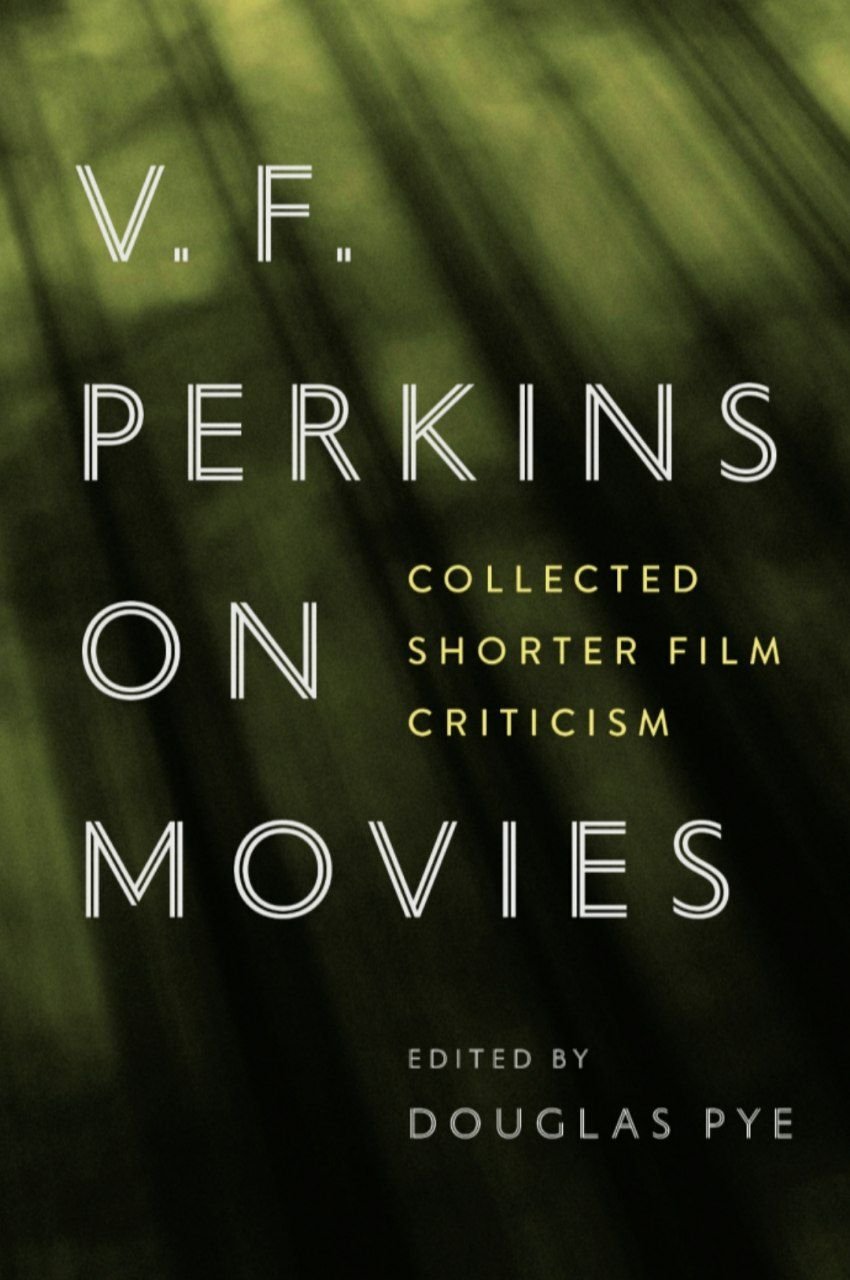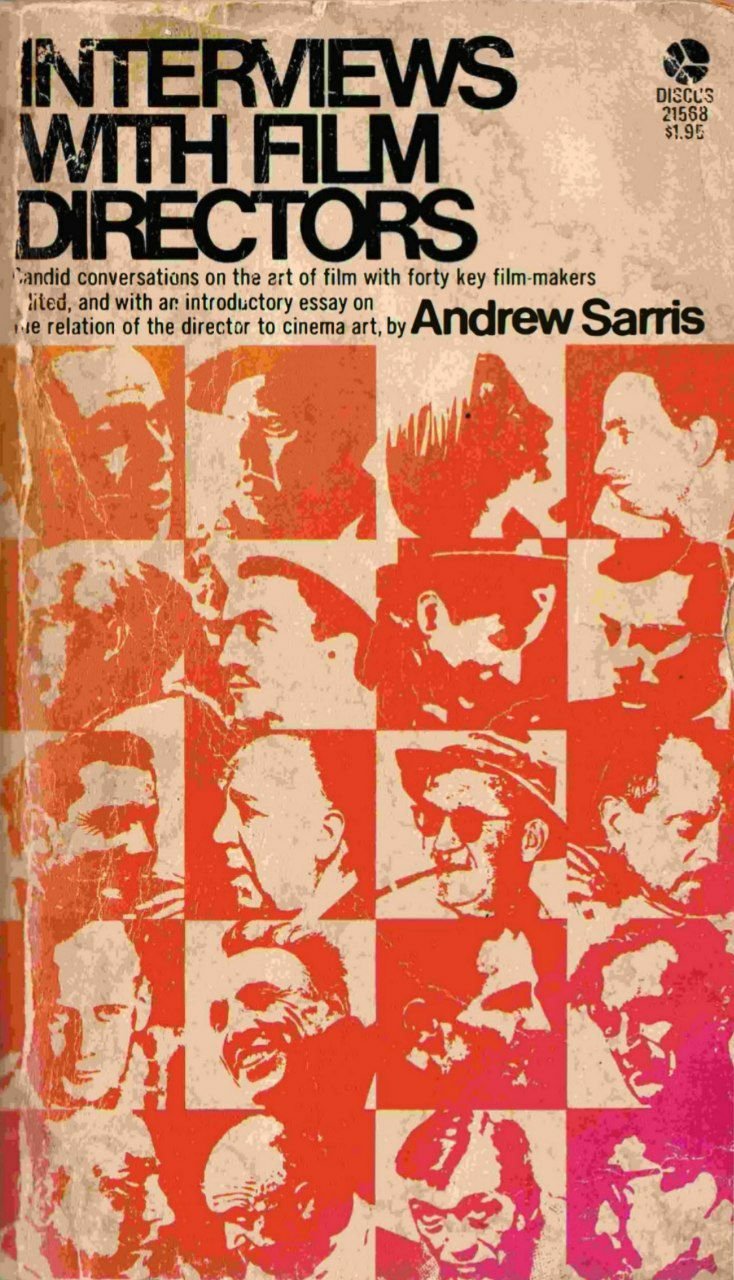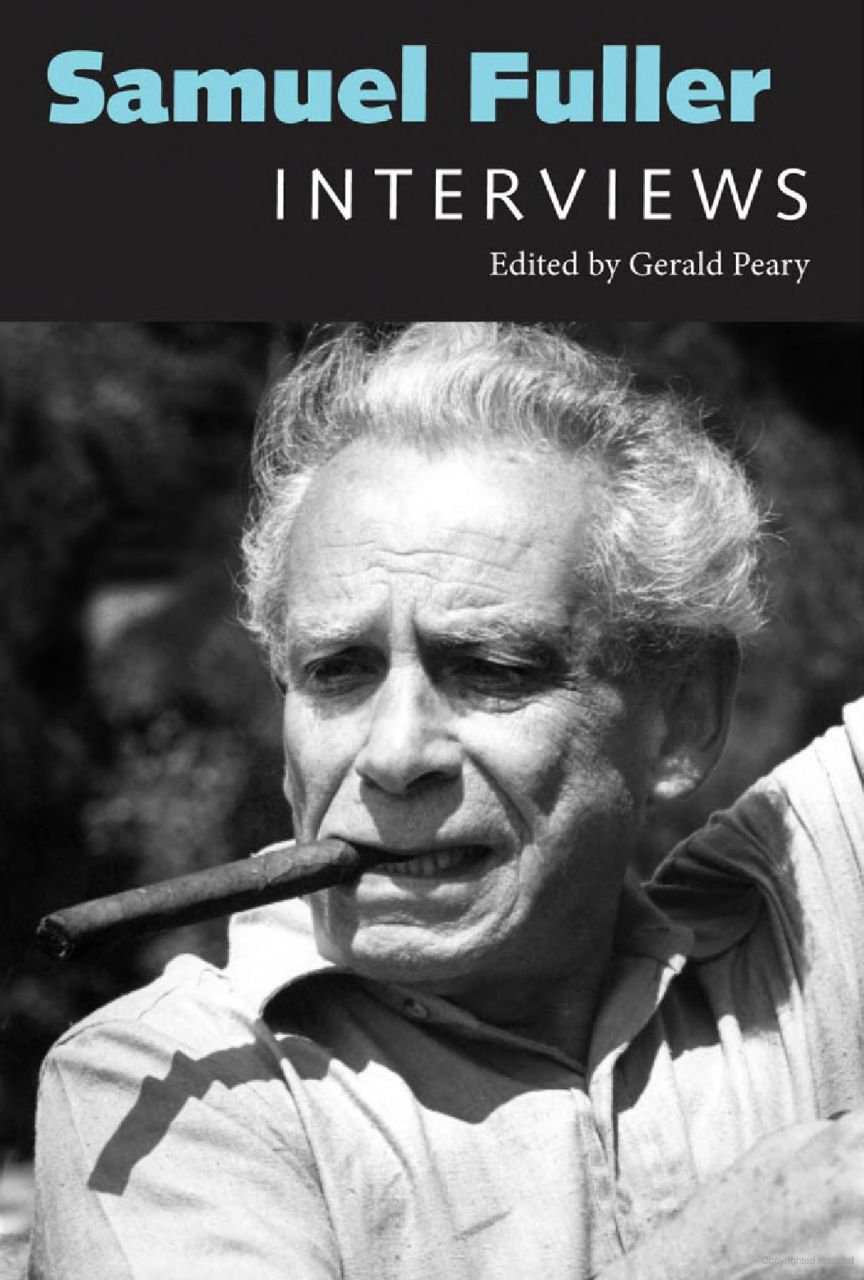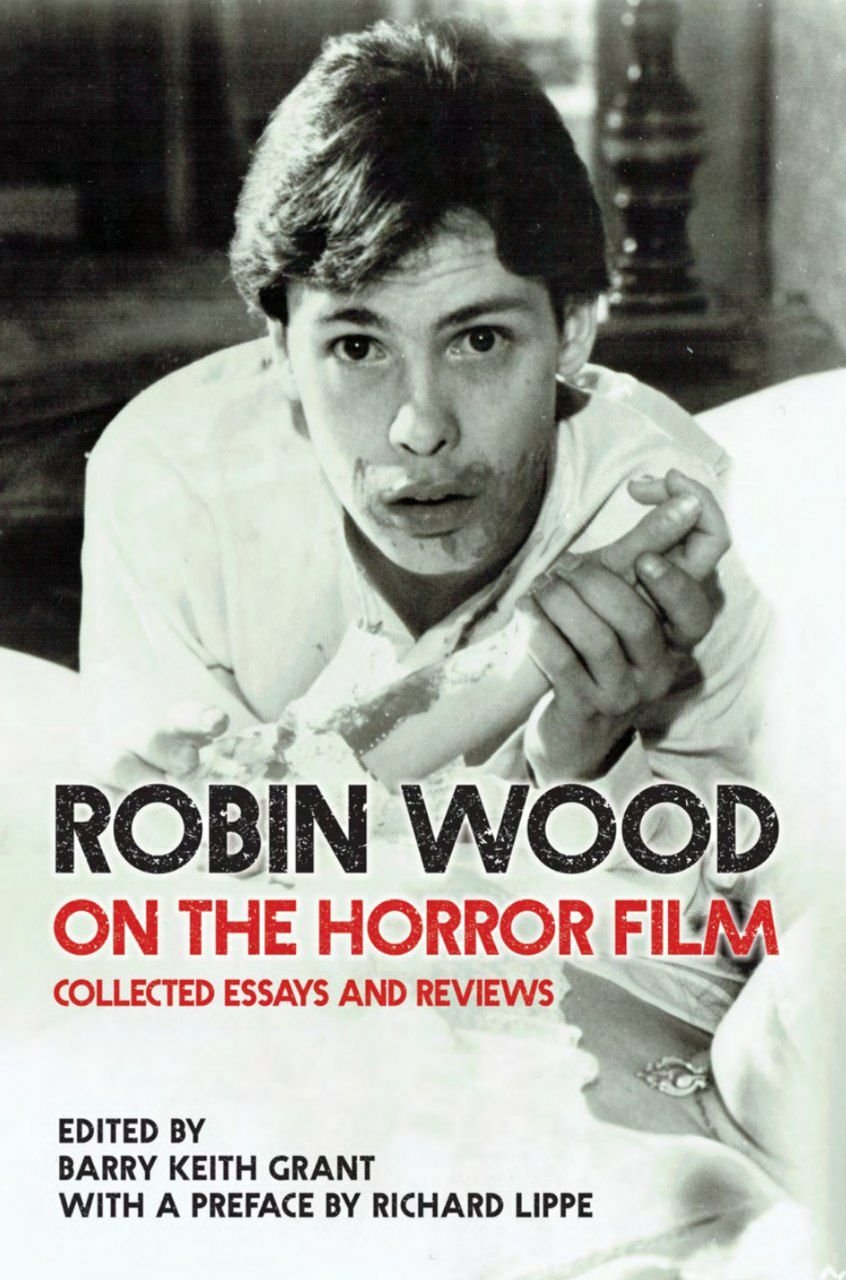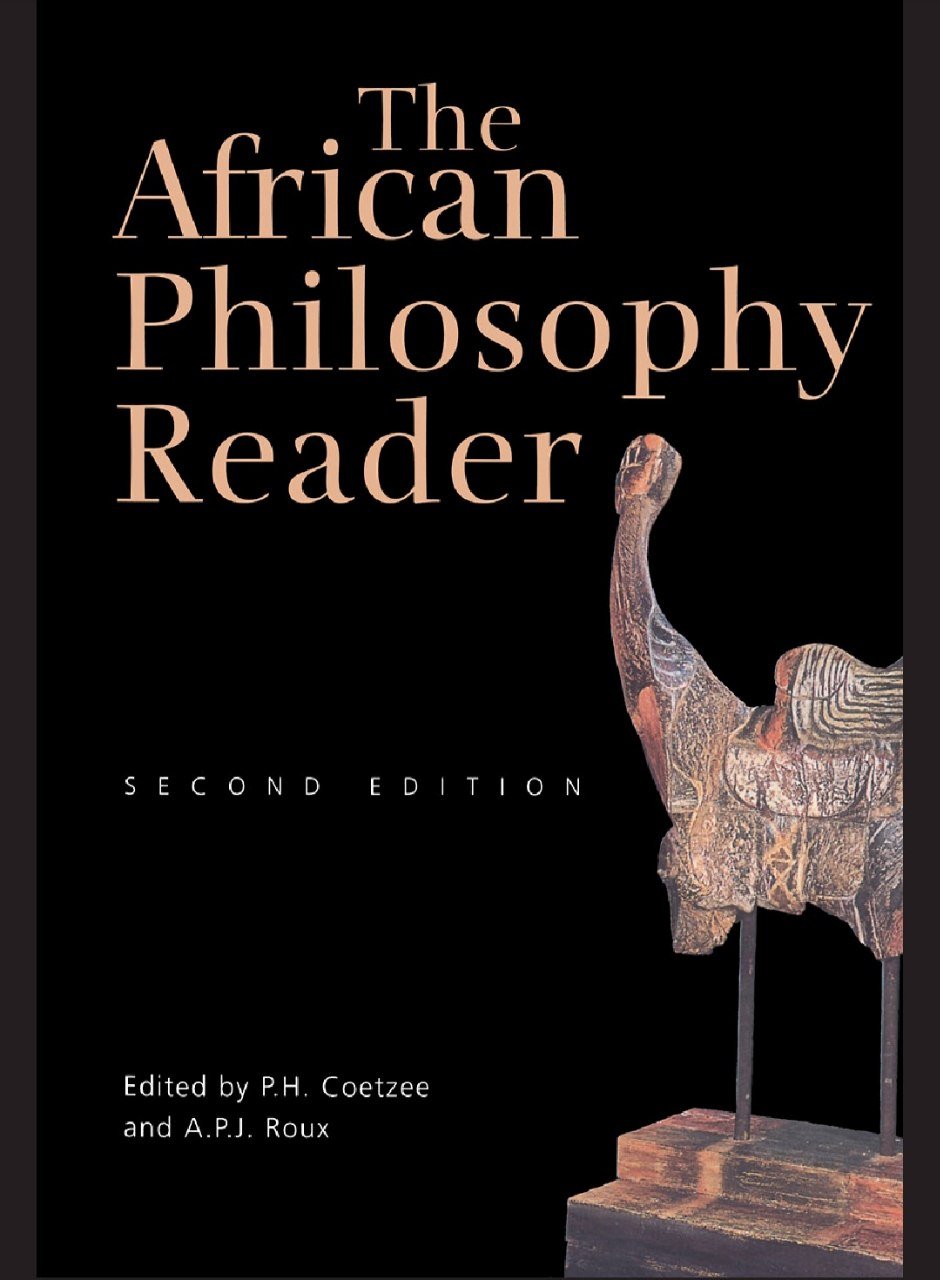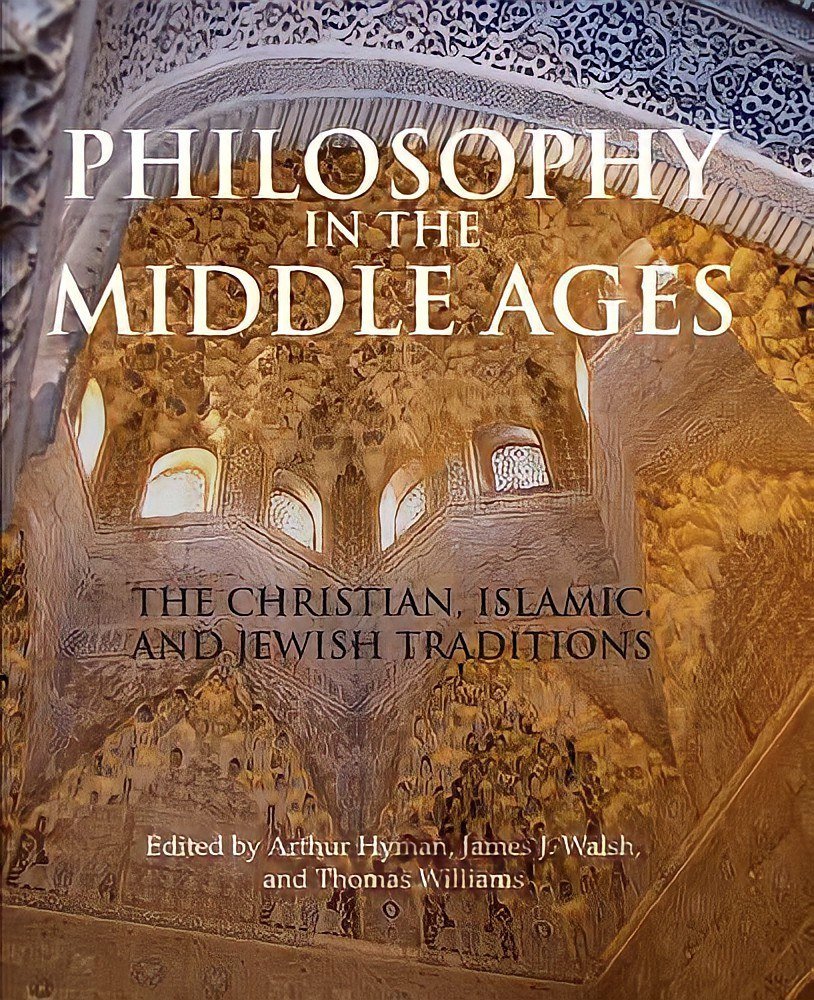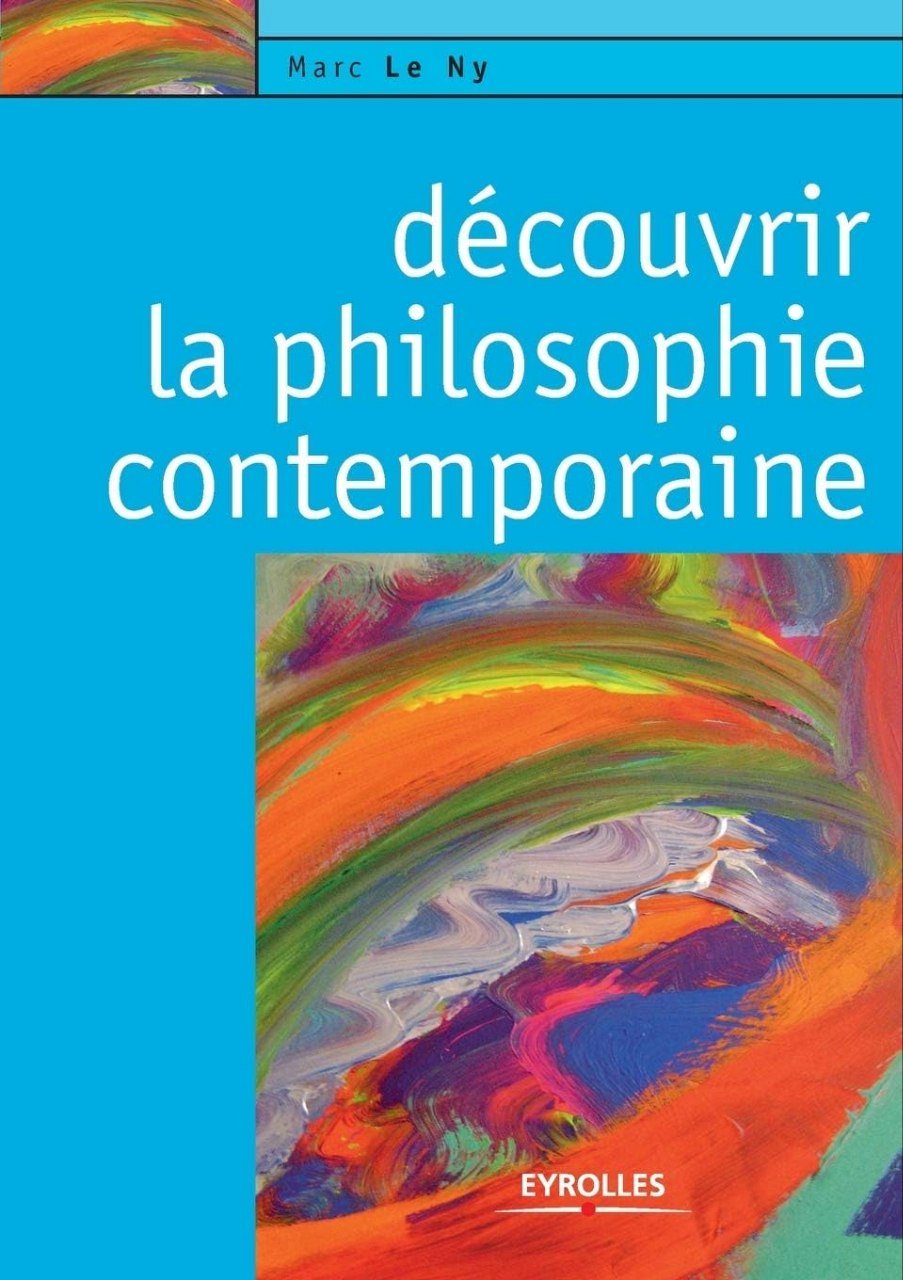

The Philosophy of Film Noir,
Reviews
No review yet. Be the first to review this book!
Description
The Philosophy of Film Noir, edited by Mark T. Conard, is a thought-provoking collection of essays that explores the philosophical depth of film noir, examining its existential, ethical, and metaphysical themes. This book brings together leading philosophers and film scholars to analyze how the dark, morally ambiguous, and psychologically complex world of noir reflects deep philosophical concerns about human nature, free will, identity, and fate. The essays in this collection engage with classic noir films like Double Indemnity (1944), The Maltese Falcon (1941), and The Big Sleep (1946), as well as neo-noir films such as Chinatown (1974) and Memento (2000). Contributors draw connections between film noir and existentialist thinkers like Jean-Paul Sartre, Albert Camus, and Friedrich Nietzsche, highlighting how noir protagonists often grapple with alienation, moral corruption, and the absurdity of existence. The book also delves into issues of gender, power, and the role of fate, questioning whether film noir presents a deterministic universe or one where individuals are responsible for their own downfall. By blending film analysis with philosophical inquiry, The Philosophy of Film Noir offers a fresh perspective on why these films continue to captivate audiences and remain culturally significant. This book is essential reading for film lovers, philosophy enthusiasts, and anyone interested in the deeper meanings behind the shadowy world of noir cinema.






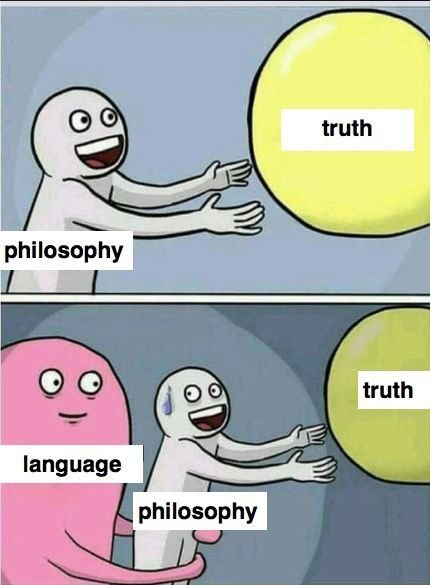
















.jpg)







.jpg)
.jpg)

.png)






.jpeg)
.jpg)
.jpg)








.jpeg)
.jpeg)









.jpg)




.jpeg)







.jpg)








.jpg)




.jpeg)

